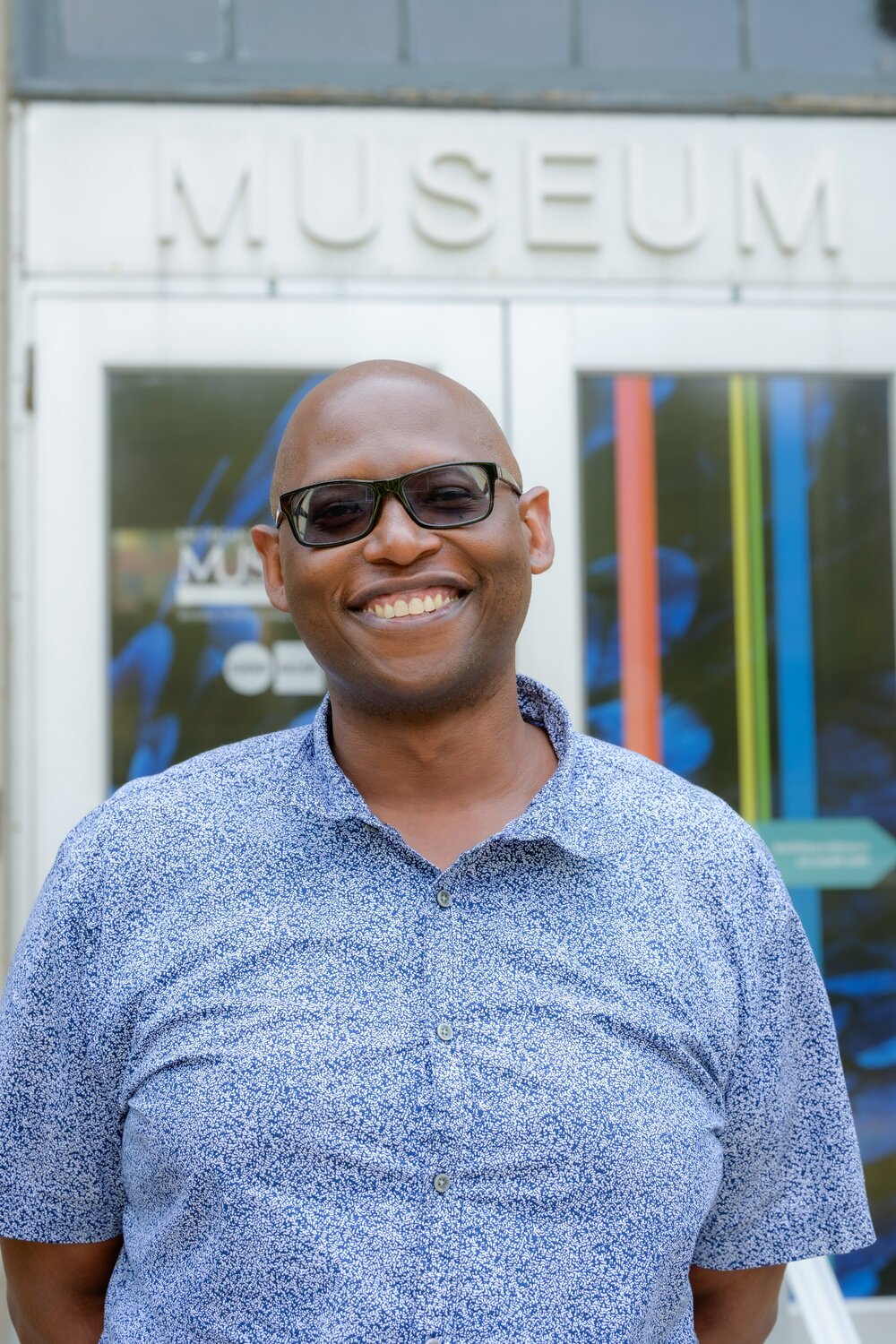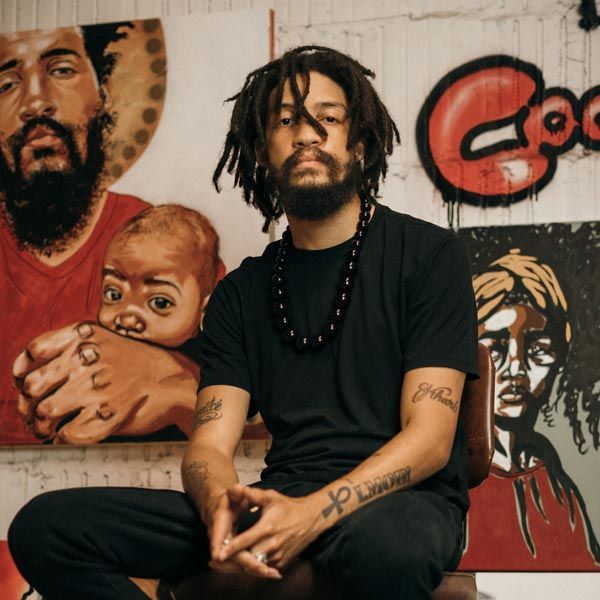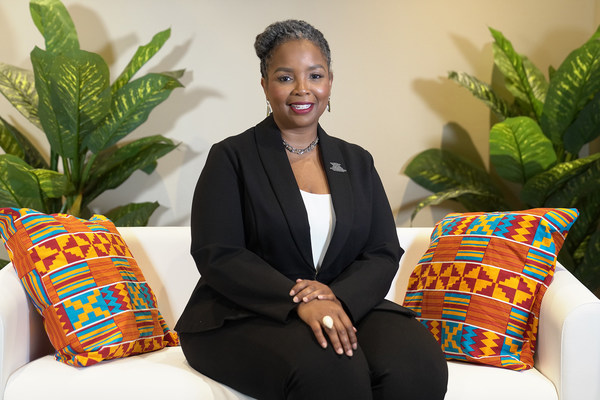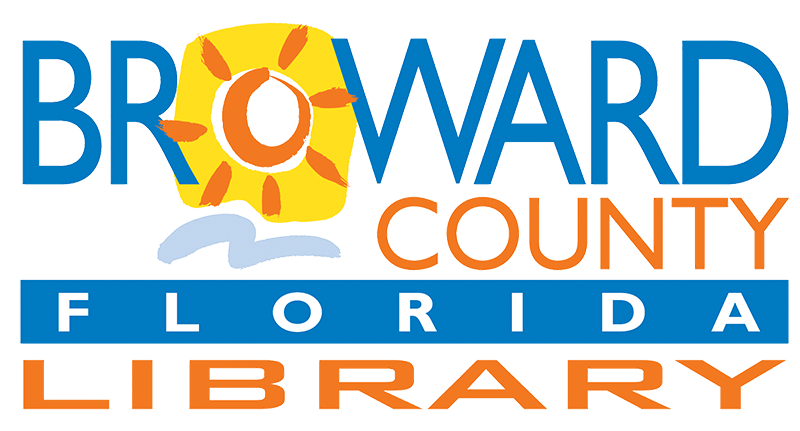The concept of Afrofuturism through the lens of art, literature and technology
The concept of Afrofuturism refers to an “intersection of speculative practice and liberation” because “striving toward freedom has required the Black imagination to see new paths and imagine different worlds.” Writers like Octavia Butler have used the genre of science fiction to imagine Black life at the nexus of the past, future, and fantasy. Similarly, artificial intelligence (Ai), although not a new technology, is being used by a new generation of artists to create vivid and fantastical images of Black life in the future. While many Black people are frustrated by the lack of positive representation in contemporary media, Ai technology is being used by Black people around the world to imagine new worlds, spaces, and possibilities for Black life. Employing the tools of art, literature, and technology Black creators are not only able to envision what Black people of the future may look like but are also able to recreate images of our past.
The “Afrofantastic” exhibition and its supporting programs will explore issues of representation, empowerment, science, science fiction, technology and race.
Curators:
Dr. Julian C. Chambliss served as Professor of History in the Department of History at Rollins College from 2004 to 2018. He joined the Department of English at Michigan State University in Fall 2018. As core faculty in Consortium for Critical Diversity in a Digital Age Research (CEDAR) he teaches courses exploring critical making, comics, and culture in the United States. In 2019, Dr. Chambliss joined the MSU Museum as the Val Berryman Curator of History. As a teacher-scholar concerned with community, identity, and power, he designs generative digital projects that use the classroom as a platform for students to act as co-researchers to trace community development, document diverse experiences, and explore culture. He has been recognized for his community engagement work with a Rollins College Cornell Distinguished Service Award (2014-2015) and Florida Campus Compact Service Learning Faculty Award (2011).
Dr. Chambliss serves as a member of the steering committee for HASTAC (Humanities, Arts, Science, and Technology Alliance and Collaboratory), as a national planner for the Zora Neale Hurston Festival of the Arts and Humanities, a board member for the Society for City and Regional Planning History (SACRPH), and a board member for the Comics Studies Society (CSS).

Chris Clark is a self-taught visual artist, illustrator, and muralist living and working in Jacksonville, Florida. Art, to him, is a form of journalism. Using acrylic, oil, ink, and spray paint, he explores the rich culture and history of the Black community across the diaspora and the social issues affecting them today. For Clark, reflecting the human figure is very powerful, which is why he uses graphic-style portraiture and figurative works to depict Black life in America through his personal lens of a Black man, husband, and father. At the core of his work is the notion that representation matters. As the artist explains, “By telling my story, I want to help the viewer rediscover theirs.”
Clark’s artwork has been shown in exhibitions around the U.S. and abroad, including “21 Piece Salute: A Salute to the Ancestors Who Lost Their Lives in the 1921 Tulsa Race Massacre” at the Black Wall Street Gallery in New York, New York, and “Through Our Eyes: Journey to South Africa” at the Nelson Mandela Metropolitan Art Museum in Port Elizabeth, South Africa. He has received multiple art awards and grants for his work. Clark was chosen to participate in the House of Sedulo Artist Residency in London, United Kingdom, and the Chateau Orquevaux Artist Residency in Champagne-Ardenne, France, in 2022-2023. Most recently he completed his first artist fellowship the DEAR (Digital Evolution Artist Retention) fellowship through the Caribbean Cultural Center African Diaspora Institute in New York, New York.

Dr. Tameka Bradley Hobbs is the Library Regional Manager of Broward County Library’s African American Research Library and Cultural Center in Fort Lauderdale. She earned her undergraduate degree from Florida A&M University, and her doctoral degree in United States History and Historical Administration and Public History from Florida State University. Her professional experience includes serving as Director of Projects and Program for the John G. Riley Museum and Center of African American History and Culture, located in Tallahassee, Florida, and the Program and Education Coordinator for the Library of Virginia in Richmond.
Hobbs has served as coordinator of the African American Studies Program at Valdosta State University. She has also worked as a researcher, writer, consultant, and director for several public and oral history projects in Florida and Virginia. Between 2011 and 2018, she was Assistant Professor of History, Chair of the Department of Social Sciences, and University Historian for Florida Memorial University in Miami Gardens, Florida. Between 2019 and 2022, she served as Associate Provost for Academic Affairs and the Founding Director of the FMU Social Justice Institute at Florida Memorial University.
Her book, Democracy Abroad, Lynching at Home: Racial Violence in Florida, was published by the University Press of Florida and has been awarded bronze medal for the 2015 Florida Book Award for Florida Nonfiction, and the 2016 Harry T. and Harriette V. Moore Award from the Florida Historical Society.

About the African American Research Library and Cultural Center
The Broward County African American Research Library and Cultural Center (AARLCC) is located in the Sistrunk community, one of the oldest historically Black communities named for one of Fort Lauderdale’s first Black physicians. Opening to the public on October 26, 2002, AARLCC became the third public library of its kind in the United States dedicated to the study of Black history and culture. The 60,000 square-foot Center serves as a repository of materials related to the local, national, and international voices of the African diaspora with more than 85,000 books, manuscripts, artifacts, framed art, print, photography, audiovisual, and documents held in our Adult Services Section and Special Collections. The Youth Services Section features a special collection of Coretta Scott King Award books and the Ashley Bryan Art Collection from illustrators of African Descent. AARLCC also features a 5,000 sq. ft. museum, a 300-seat state-of-the-art theatre, and a Computer Training Center.
| Mon, Jan 05 | 10:00AM to 8:00PM |
| Tue, Jan 06 | 10:00AM to 6:00PM |
| Wed, Jan 07 | 10:00PM to 8:00PM |
| Thu, Jan 08 | 10:00AM to 6:00PM |
| Fri, Jan 09 | 10:00AM to 6:00PM |
| Sat, Jan 10 | 10:00AM to 6:00PM |
| Sun, Jan 11 | Closed |

